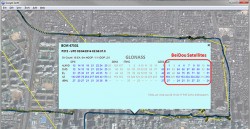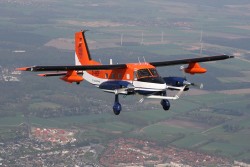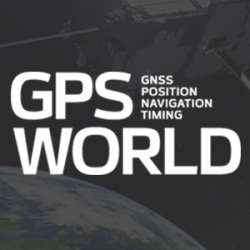
How to Survive a Total Constellation Outage
April 3, 2014
Yesterday we posted news of an 11-hour downtime for the full GLONASS constellation, due to an upload of […]
Read More

Combining Galileo with GPS and GLONASSWhile a GPS-based GBAS will offer improved navigation services for aircraft, might these services be even better if the systems were to use satellites from other constellations besides GPS? In this month’s column, the authors show how GBAS protocols might be modified to accommodate multiple constellations, offering results of preliminary tests using GPS, GLONASS, and Galileo simultaneously.

Its Algorithms and Performance The authors test three mass-market design drivers on a chip developed expressly for a new role as a combined GPS and Galileo consumer receiver: the time-to-first-fix for different C/N0, for hot, warm, and cold start, and for different constellation combinations.

A software-based GNSS receiver is now available on Tensilica ConnX DSP IP cores, according to an announcement by […]

The implementation changes and first live tests of BeiDou and Galileo on Teseo-3 GNSS chips developed in 2013 are covered, bringing it to a four-constellation machine. By 2020, we expect to have four global constellations all on the same band, giving us more than 100 satellites — under clear sky, as many as 30 or 40 simultaneously.

Rockwell Collins has received a 2 million contract from the Air Force Research Laboratory (AFRL) to develop and […]

TerraStar GNSS, a supplier of precision positioning services for land and near-shore applications, has established a base at […]
Follow Us